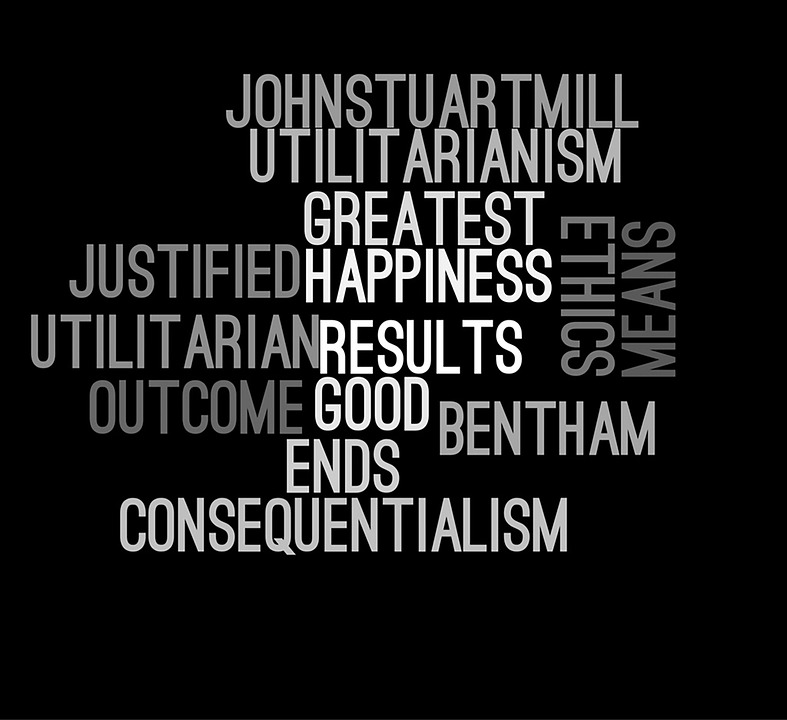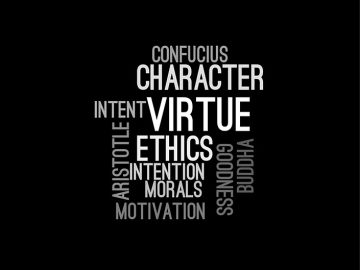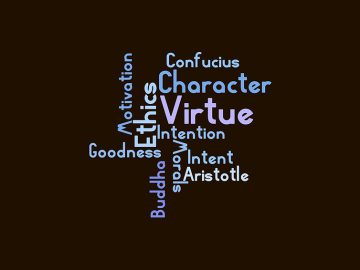This year, Kenyon had a record number of alleged cases of academic dishonesty brought to the Academic Infractions Board (AIB), which was driven by an embrace of AI by students across all disciplines. For a student body that prides itself on its originality, tenacity and academic drive, I find it hard to reconcile the fact that many students are perfectly fine with sacrificing their own education to a mindless machine. I believe that our student body must come together and decide clear, ethical guidelines for AI use at Kenyon.
Don’t get me wrong: I believe that AI has the potential to revolutionize education for the better. For instance, specialized chatbots could become a one-on-one tutor that can prepare students for difficult test questions. Programming courses could change their fundamental focus from language memorization to architecture design. AI is also a fantastic translation resource for our large population of students who do not speak English as their first language.
However, conflict arises when a student intentionally disregards their professor’s expectations. Kenyon faculty are granted great freedom to design their coursework to guarantee that students are receiving a world-class education. As such, classroom policies — including those that permit or ban AI use — are set according to their professor’s pedagogical philosophy. Although we may not necessarily agree with their viewpoint, it is in our best interest to trust their academic expertise.
As Vice President for Academic Affairs, I have organized many conversations with faculty about AI’s impact on our education. One thing they have told me over and over again is that our generation’s writing reads exactly like a response from a chatbot. How can we continue to promote ourselves as the “Writers’ College” if we cannot even write a paper outline without a $200 subscription to the premium version of ChatGPT?
In my mind, this subverts the goals of a liberal arts education, especially during a time when the very value of higher education is under intense, national debate. As Robbie Lifson ’27 mentioned in last week’s issue of the Collegian, overreliance on AI is essentially cheating yourself out of a high-quality education, yet I would also argue that you are also cheating your peers. I worry that an unchecked embrace of AI will worsen critical thinking, writing and communication skills across the board. This will almost certainly devalue the Kenyon education in the eyes of graduate schools and future employers.
One approach is to clamp down on AI use by ramping up punitive measures against the student body, effectively changing a professor’s role from a mentor to an ever-suspicious academic warden. Another idea is to implement a process through which students can report one another for inappropriately using AI on an assignment. In my mind, both of these proposed solutions will create a pseudo-surveillance state, decimating our institution’s collaborative culture.
Instead, the student body must confidently take ownership of their own work and encourage their peers to do the same. I recognize the expectations of specific disciplines vary dramatically; therefore, a uniform approach will not work. Physics majors, for instance, may decide that AI is a necessary tool for debugging code, whereas English majors might consider AI-generated poems to be ethically and academically abhorrent. My fellow Student Council members and I voted to approve Kenyon Technology and AI Club in the hopes that they will offer a safe, inclusive space for students to discuss the discipline-specific quandaries of AI.
In many ways, generative AI is a Pandora’s box that will radically redefine the rest of our lives. Sustained success post-grad will depend on skills that cannot be replaced by AI. I am afraid that our generation will readily submit to the allures of the machine, making us as replaceable as a cog to the apathetic workforce. It is my hope that the student body will seize control of our education before we find ourselves wholly dependent on our good pal, Chat.
Andrew Pilat ’25 is a mathematics and molecular biology major from Martinsville, Indiana. He can be reached at pilat1@kenyon.edu.






